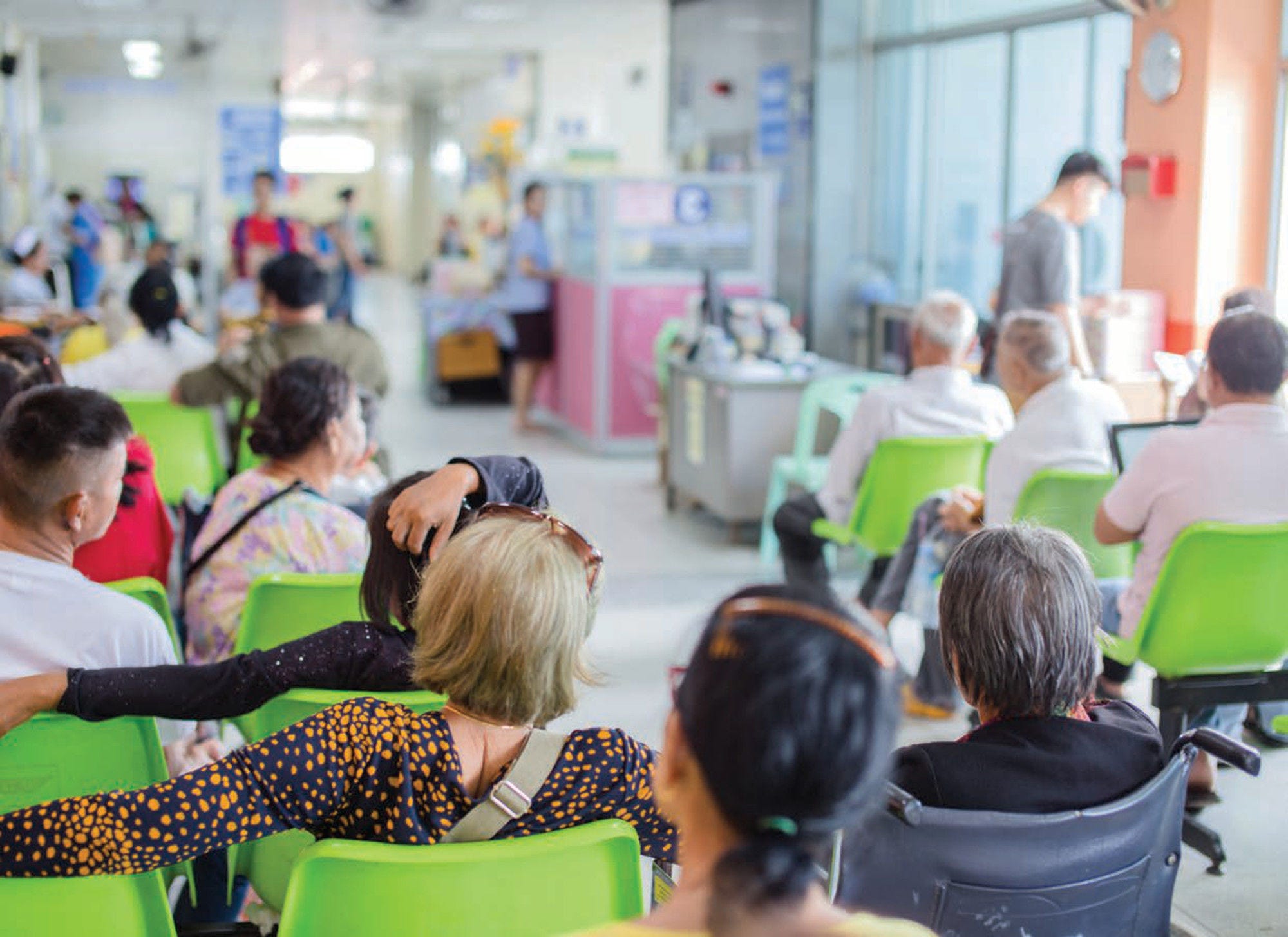Even as life expectancy at age 65 has increased across OECD countries, not all older adults spend their remaining years in good health (see section on “Life expectancy and healthy life expectancy at age 65”). In 2021, less than half the population aged 65 and over in 36 OECD countries reported being in good or very good health (Figure 10.5). Excluding countries whose data are not directly comparable (see the “Definition and comparability” box), more than three‑fifths of older respondents reported being in good or very good health in only five countries (Costa Rica, Ireland, Norway, Sweden and Switzerland). On average, fewer than half of older adults (45.9%) reported being in good or very good health across 36 OECD countries. Fewer than 30% of older adults reported being in good health in 11 OECD countries, including six – Croatia, Estonia, Korea, Latvia, Lithuania and Portugal – in which fewer than 25% reported being in good or very good health. Men are slightly more likely to report being in good health than women: 48% of men reported their health to be good or very good on average across OECD countries in 2021, compared to 45% of women. Excluding New Zealand, Canada and the United States (whose results are biased upward, see Definition and Comparability box), the highest rates of good health were reported in Switzerland for both men (72%) and women (67%).
In all OECD countries with available data, older people in the lowest income quintile are more likely to rate their health as poor than those in the highest quintile (Figure 10.6). Across 27 OECD countries on average, one in four (24.4%) people in the lowest income quintile reported their health to be poor or very poor in 2021, compared to one in nine (10.9%) among those in the highest income quintile. In eight countries, people in the lowest income quintile were at least two and a half times as likely as those in the highest quintile to report having poor or very poor health, while in five countries – Iceland, Ireland, the Netherlands, Norway and Switzerland – people in the poorest quintile were more than three times as likely to report living in poor health. In eight countries (Finland, Greece, Italy, Latvia, Luxembourg, Poland, the Slovak Republic and Slovenia), older adults in the poorest income quintile were less than twice as likely to report being in poor health.
Across 27 European OECD countries in 2021, around half (48%) of people aged 65 and over reported having at least some limitations in their daily activities: 33% reported some limitations and a further 16% reported severe limitations (Figure 10.7). Many of the countries reporting the lowest rates of self-rated good health also reported some of the highest rates of limitations in daily activities. In Latvia, 70% of adults aged 65 and over reported at least some limitations to activities of daily living, while in Estonia, Lithuania and Portugal, at least 60% of adults aged 65 and over reported at least some limitations. In eight countries – Estonia, Greece, Iceland, Germany, Portugal, the Slovak Republic, Türkiye and the United Kingdom, at least 20% of adults aged 65 and over reported experiencing severe limitations in their daily life.



